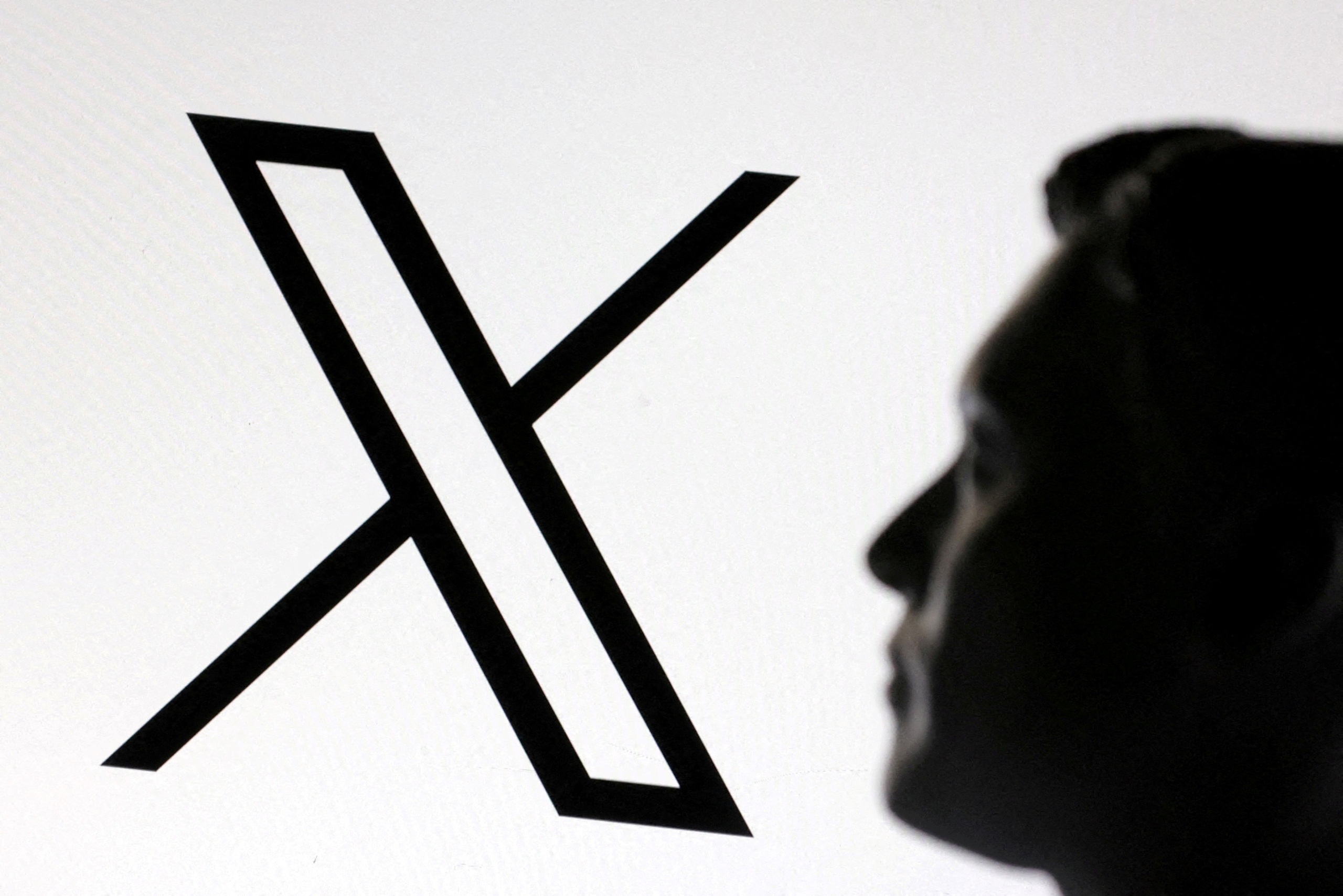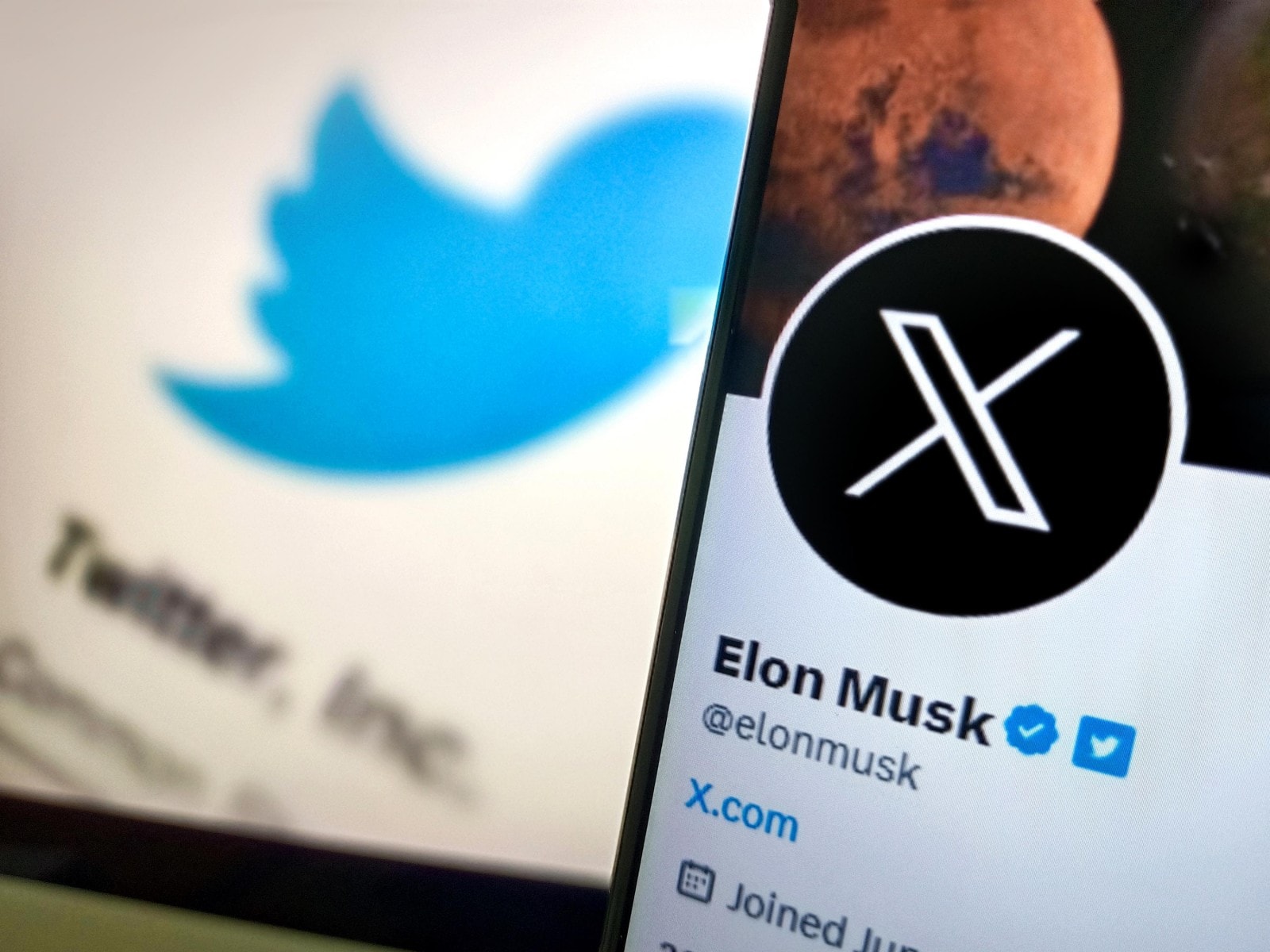
Elon Musk’s social media platform X, formerly known as Twitter, has filed a bombshell lawsuit in a U.S. federal court, accusing eight Vietnamese nationals of masterminding a sophisticated revenue fraud operation that exploited the platform’s monetization system.
The lawsuit, which could reshape global discussions around fake engagement economies, targets individuals alleged to have manipulated the platform for personal gain using fake identities, AI-generated content, and automated interactions to siphon tens if not hundreds of thousands of dollars from the company’s ad-revenue-sharing program.
The individuals named in the lawsuit are Le Dinh Chung, Nguyen Nhu Duc, Do Viet Khanh, Nguyen Viet Kieu, Do Xuan Long, Do Minh Thang, Nguyen Ngoc Thanh, and Phan Ngoc Tuan, all reportedly based in Hanoi.
According to the court filing obtained by The Independent, the group orchestrated a click-fraud ring using a vast network of fake X accounts created with stolen identities. These accounts, controlled by the group, were used to post AI-generated content and then interact with each other in a closed-loop of artificial engagement.

The ultimate goal was to trick X’s automated systems into thinking the posts were organically popular, thereby qualifying the accounts for revenue payments from the platform’s creator payout program.
X’s legal team described this scheme as a deliberate and calculated operation that manipulated platform policies on a grand scale. The complaint details how these fake accounts generated hundreds of thousands of views, likes, reposts, and replies by using automation tools to mimic real user behavior.
Payments for the views—calculated by the system based on engagement—were then issued by X to U.S.-based bank accounts opened under false names, before being transferred to Vietnamese banks using real identities. The lawsuit claims that over 1,700 separate transactions were detected, involving at least 125 bank accounts across nine Vietnamese financial institutions.
Investigators working independently for X reportedly identified the individuals by linking digital footprints from third-party payment processors like PingPong and Payoneer.

By analyzing account credentials and financial transaction data, they were able to uncover the identities and home addresses of the eight accused parties. According to the complaint, these individuals didn’t just exploit the platform for passive gains—they actively marketed and sold courses and software tools teaching others how to commit the same type of fraud.
This elaborate deception exploited a vulnerability in X’s revenue-sharing program, which was introduced in 2022 shortly after Musk’s $44 billion acquisition of the platform. Initially, the program was available only to users who paid $8 per month for a verified “blue checkmark” and who generated high levels of engagement.
After large advertisers began withdrawing from the platform amid controversy and declining trust, Musk’s team expanded the program to include smaller accounts.
The revised monetization structure allowed any user generating significant interaction with verified users to be eligible for a share of the ad revenue. The estimated payout hovered around $8 per million views, incentivizing an entirely new wave of low-cost engagement farming.

That’s where the Vietnamese group allegedly saw their opportunity. By artificially boosting posts through a closed network of fake accounts, they were able to generate false impressions and cash out earnings—effectively laundering engagement into profit.
The lawsuit likens this scheme to unethical financial practices, saying it was “no different from a broker in the financial industry churning excessive and unnecessary trades in a client’s account to generate additional commissions.”
X’s legal filing also accuses the group of trademark infringement, alleging that they used the official Twitter and X logos in thumbnails and marketing material posted on YouTube to sell their scam-related products.
This included video tutorials teaching other users how to replicate the revenue fraud, with packaging that implied some form of official affiliation with the platform.

While Musk has previously taken a strong stance against fake engagement—once promising to eradicate bots and “manipulative behavior” from X—the case reveals how persistent and profitable click-fraud can be.
Social media analysts argue that any time monetary value is directly tied to digital interactions, fraud is inevitable. “Whenever clicks are monetized, bad actors will find ways to fake them,” said the CEO of a U.S.-based digital marketing firm when asked about the case.
X’s lawsuit is part of a broader crackdown in the tech industry against fake engagement. In 2019, Facebook and Instagram filed lawsuits against four Chinese companies accused of selling fake likes, followers, and accounts.
Those companies had expanded their operations across Amazon, Google, LinkedIn, and other platforms, selling what they described as “marketing services” to influencers and small businesses.

Many posed as professional digital agencies, while others advertised themselves as “potential marketing partners.” The practice has become so normalized that some customers even left glowing reviews on vendor pages, praising the fact that “likes and followers didn’t drop even after 10 days” and complimenting the “excellent customer service.”
The emergence of a similar large-scale fraud ring based in Vietnam underscores how the monetization of online interaction can incentivize malicious behavior. As social platforms like X shift towards creator-based revenue models to replace dwindling ad dollars, they also open the door to those who would exploit poorly enforced systems.
With over 1,700 transactions already flagged and the likelihood of more surfacing during the investigation, the financial and reputational damage to X could be substantial.
For Elon Musk, the lawsuit represents more than a legal matter—it is a direct challenge to the sustainability of his monetization vision for the platform. Musk has often promoted X’s revenue-sharing program as a revolutionary tool for digital empowerment, positioning it as a way for creators to make a living through engagement.

However, critics argue that the payout scheme was ill-conceived from the start, with minimal safeguards against abuse and an over-reliance on metrics that are easily manipulated.
If the accusations hold, it could undermine confidence in X’s payment integrity and result in stricter regulation or loss of trust among potential advertisers. Already battling issues ranging from content moderation to falling ad revenue and political controversy, Musk’s X may not have the buffer to absorb another major scandal.
In the coming months, all eyes will be on how the U.S. courts handle the case, and whether Vietnamese authorities will cooperate with international law enforcement.
The eight defendants could face serious penalties under U.S. fraud and trademark laws. But beyond the courtroom, the case poses a larger question to the digital economy: how much of our online world is real, and how much is a carefully engineered illusion?
This lawsuit is not just about eight people in Hanoi. It’s about a system that made it possible. A system that promised money in exchange for attention, and then acted surprised when people gamed the rules. Elon Musk may have declared war on fake interactions, but as long as platforms reward clicks with cash, the war is far from over.

-1744702537-q80.webp)

-1747821468-q80.webp)